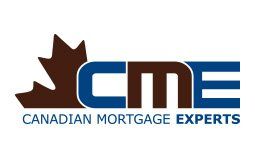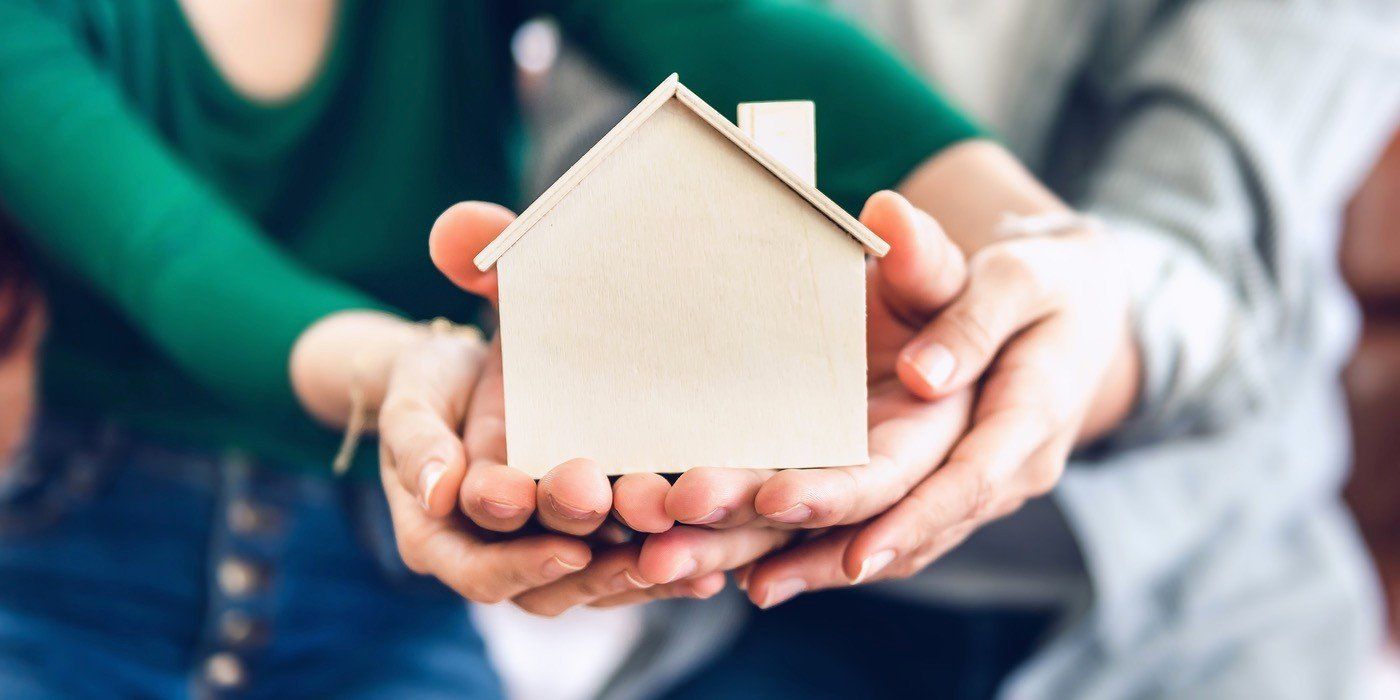Deferring Mortgage Payments. (Covid-19)
DLC Canadian Mortgage Experts • March 24, 2020
In response to the Covid-19 crisis; for those individuals financially affected, banks and the government have announced that payment relief may be available for up to 6 months of deferred mortgage payments.
As
information is changing daily, or hourly, if you have any questions,
please contact us directly to discuss your financial situation. The
following information is a general guideline, each lender deals with
things a little differently. So, here’s what you need to know.
Do you qualify for deferred payments?
Just
because lenders are offering deferred mortgage payments, doesn’t mean
you will qualify. Lenders are looking at each case individually and will
only offer deferral upon their sole discretion. If you haven’t
experienced income disruption, you won’t be eligible for payment
deferral.
To
qualify, you will have to prove not only that you have been directly
financially impacted by Covid-19, but that you have no other means of
making your mortgage payments. In other words, you have to prove genuine
financial hardship.
Before
making an application to your lender for deferred payments, you should
consider applying for EI and continue making your payments as scheduled.
Good advice is only to contact your lender if you have an immediate
need and you would otherwise default on your payments.
Deferred doesn’t mean free
To
be clear, deferred does not mean free. If you defer your payments for
up to 6 months, you will still be responsible for paying that money to
the lender. In fact, at most lenders, deferred payments could be added
on to the principal mortgage amount and could incur additional
interest.
Once your payments are resumed, they might increase your regular payment to maintain your existing amortization schedule.
Applying to defer your mortgage payments
If
you are in a place where your only option is to defer payments, so you
don’t get behind or default on your mortgage, you should contact your
lender directly. Should you call and not get through, consider sending
an email. Here is a template for you to follow. Edit as required.
Subject: “your name” & “mortgage #”
My
name is “your name”. I would like to inquire about mortgage payment
relief. My income has been disrupted by the Covid-19 virus, and I have
limited means to make upcoming mortgage payments.
My address is “insert address”, and my contact information is “provide the best way to contact you”.
Please advise of the next steps.
“your name.”
Will deferring mortgage payments impact your credit score?
The
simple answer is, no. A lender approved deferral is not like missing a
mortgage payment. However, if you don’t communicate with your lender and
just skip a payment, it could negatively impact your credit score.
Now,
the truth is, payment deferral shouldn't impact your credit score, BUT,
in these unprecedented times, and with the overwhelming number of
deferral applications and banks having never handled anything like this
before, it wouldn’t be a big stretch to imagine that mistakes could be
made. Misinformation could get misreported to the credit bureaus.
Other mortgage options
Payment deferral isn’t the only option you have at this time. You may qualify for any of the following:
A mortgage refinance
Restoration of your original amortization (to lower your payment)
Hold a payment (during a temporary suspension of income)
Negotiated reduction of payments
If
you are in a place where the Covid-19 has financially impacted you, and
you need someone to discuss all your options - including deferring
payments, please contact us anytime.
Let's discuss your financial situation and work together on a plan to get you through this!
RECENT POSTS

Did you know there’s a program that allows you to use your RRSP to help come up with your downpayment to buy a home? It’s called the Home Buyer’s Plan (or HBP for short), and it’s made possible by the government of Canada. While the program is pretty straightforward, there are a few things you need to know. Your first home (with some exceptions) To qualify, you need to be buying your first home. However, when you look into the fine print, you find that technically, you must not have owned a home in the last four years or have lived in a house that your spouse owned in the previous four years. Another exception is for those with a disability or those helping someone with a disability. In this case, you can withdraw from an RRSP for a home purchase at any time. You have to pay back the RRSP You have 15 years to pay back the RRSP, and you start the second year after the withdrawal. While you won’t pay any tax on this particular withdrawal, it does come with some conditions. You’ll have to pay back the total amount you withdrew over 15 years. The CRA will send you an HBP Statement of Account every year to advise how much you owe the RRSP that year. Your repayments will not count as contributions as you’ve already received the tax break from those funds. Access to funds The funds you withdraw from the RRSP must have been there for at least 90 days. You can still technically withdraw the money from your RRSP and use it for your down-payment, but it won’t be tax-deductible and won’t be part of the HBP. You can access up to $35,000 individually or $70,00 per couple through the HBP. Please connect anytime if you’d like to know more about the HBP and how it could work for you as you plan your downpayment. It would be a pleasure to work with you.

If you’re new to the home buying process, it’s easy to get confused by some of the terms used. The purpose of this article is to clear up any confusion between the deposit and downpayment. What is a deposit? The deposit is the money included with a purchase contract as a sign of good faith when you offer to purchase a property. It’s the “consideration” that helps make up the contract and binds you to the agreement. Typically, you include a certified cheque or a bank draft that your real estate brokerage holds while negotiations are finalized when you offer to purchase a property. If your offer is accepted, your deposit is held in your Realtor’s trust account. If your offer is accepted and you commit to buying the property, your deposit is transferred to the lawyer’s trust account and included in your downpayment. If you aren’t able to reach an agreement, the deposit is refunded to you. However, if you commit to buying the property and don’t complete the transaction, your deposit could be forfeit to the seller. Your deposit goes ahead of the downpayment but makes up part of the downpayment. The amount you put forward as a deposit when negotiating the terms of a purchase contract is arbitrary, meaning there is no predefined or standard amount. Instead, it’s best to discuss this with your real estate professional as your deposit can be a negotiating factor in and of itself. A larger deposit may give you a better chance of having your offer accepted in a competitive situation. It also puts you on the hook for more if something changes down the line and you cannot complete the purchase. What is a downpayment? Your downpayment refers to the initial payment you make when buying a property through mortgage financing. In Canada, the minimum downpayment amount is 5%, as lenders can only lend up to 95% of the property’s value. Securing mortgage financing with anything less than 20% down is only made possible through mortgage default insurance. You can source your downpayment from your resources, the sale of a property, an RRSP, a gift from a family member, or borrowed funds. Example scenario Let’s say that you are looking to purchase a property worth $400k. You’re planning on making a downpayment of 10% or $40k. When you make the initial offer to buy the property, you put forward $10k as a deposit your real estate brokerage holds in their trust account. If everything checks out with the home inspection and you’re satisfied with financing, you can remove all conditions. Your $10k deposit is transferred to the lawyer’s trust account, where will add the remaining $30k for the downpayment. With your $40k downpayment made, once you sign the mortgage documents and cover the legal and closing costs, the lender will forward the remaining 90% in the form of a mortgage registered to your title, and you have officially purchased the property! If you have any questions about the difference between the deposit and the downpayment or any other mortgage terms, please connect anytime. It would be a pleasure to work with you.


